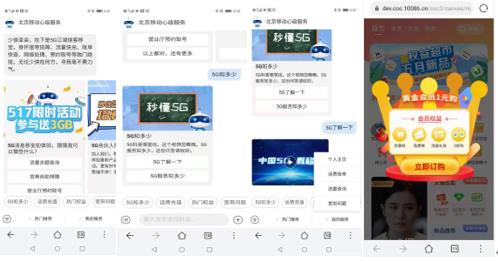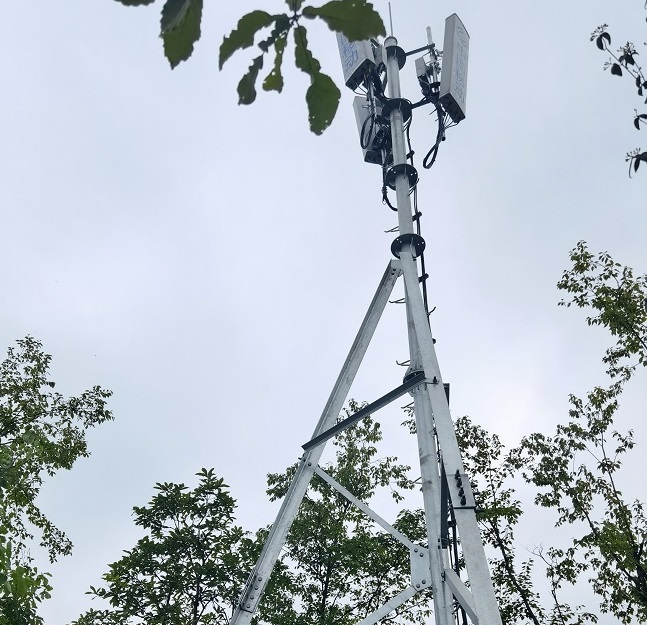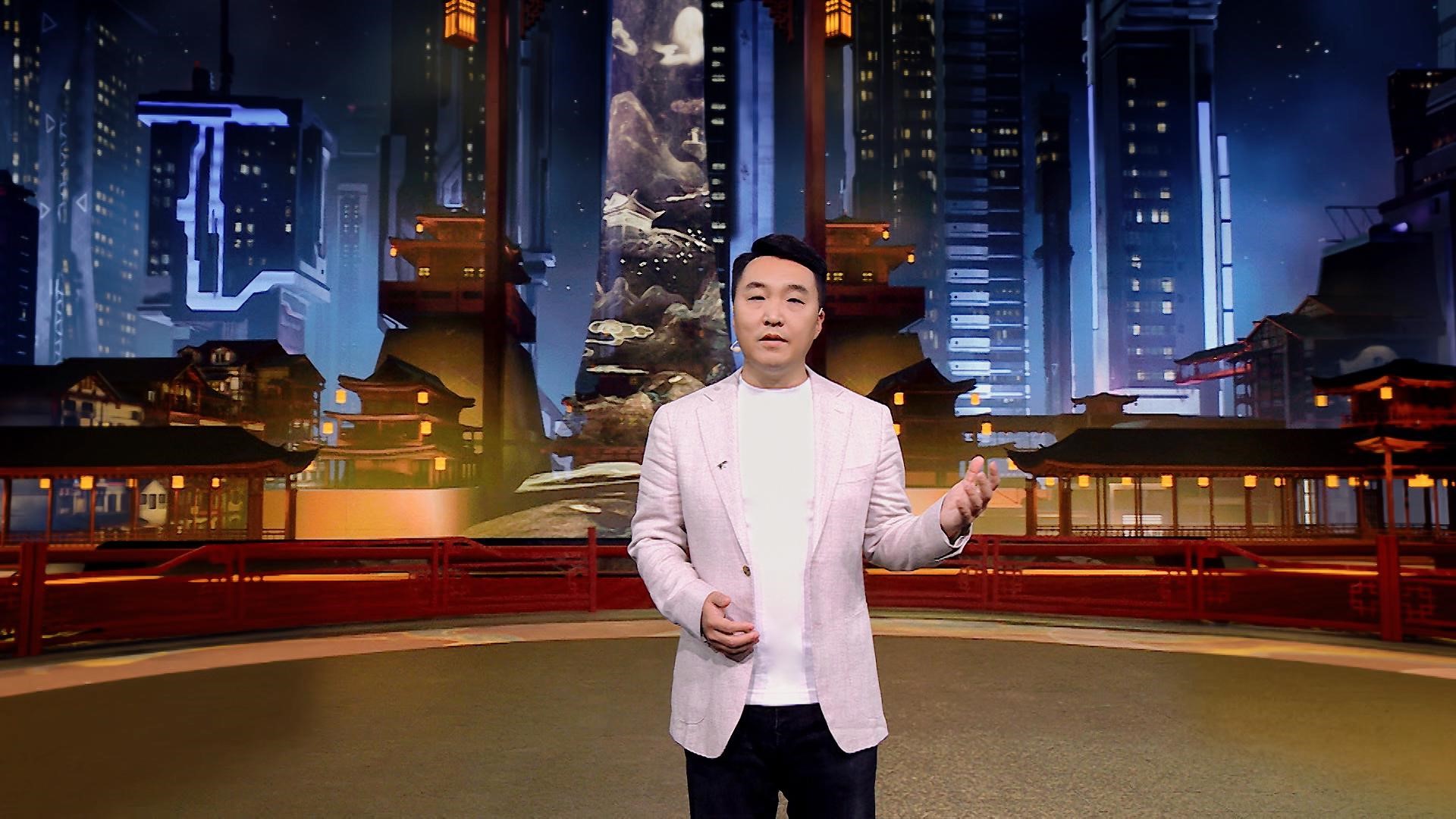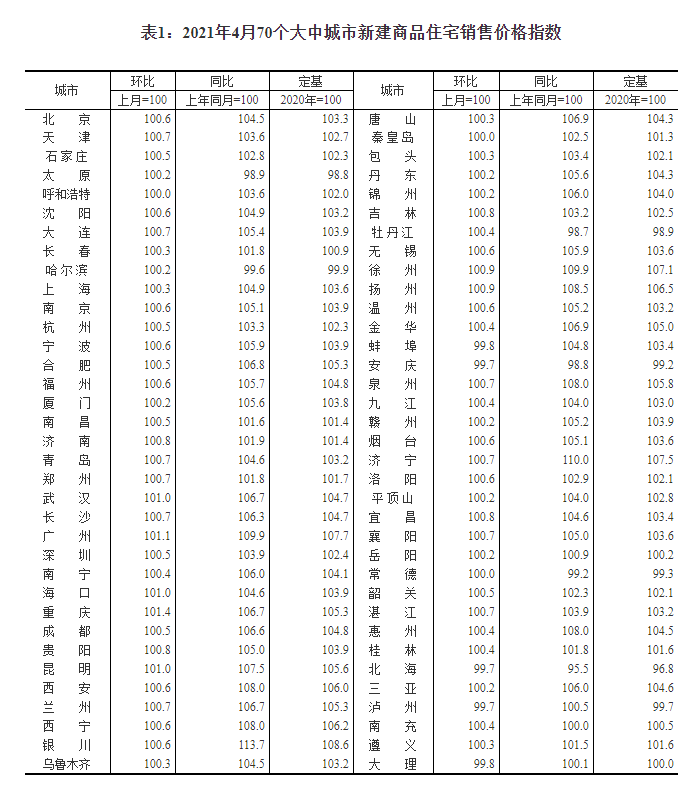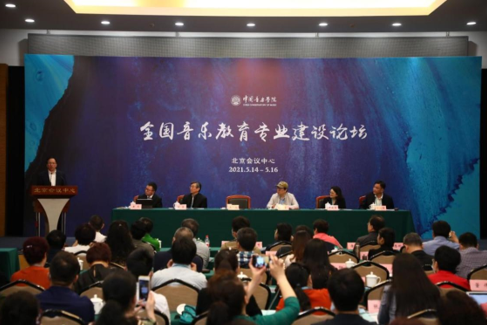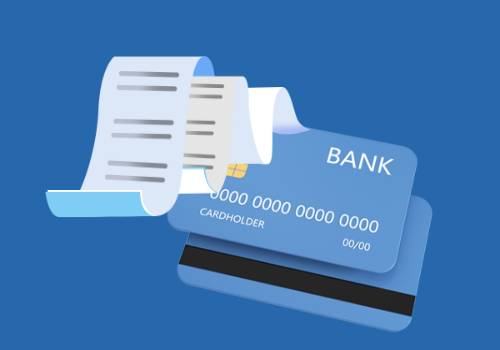 【资料图】
【资料图】
BEIJING, February 24 (TMTPOST) —— Chinese carmaker JAC Group displayed a five-seat electric vehicle (EV) powered by sodium-ion batteries at the second Chinese National Conference on Na-ion Batteries on Thursday.
The five-seat passenger vehicle, called Hua Xianzi (flower fairy), was jointly launched by Sehol and HiNa Battery. It carries a 25KWh battery pack with an energy density of over 140 watt-hours per kilogram, enabling a driving range of up to 250 km on a single charge. From the perspective of the technical index, the energy density of sodium-ion batteries is close to that of lithium-iron phosphate batteries.
Sehol is a brand owned by Volkswagen (Anhui) Co., LTD., which is a joint venture established by Volkswagen Group and JAC Group. Volkswagen currently holds a 75% stake in Volkswagen Anhui. The Sehol brand was launched in April 2018. After Volkswagen Anhui decided to introduce electric models of the Volkswagen brand to China, Sehol was operated by JAC Group.
Sodium-ion batteries and lithium batteries work in the same way, but the difference is that for sodium-ion batteries, it is sodium ions and lithium ions that shuttle back and forth between the positive and negative electrodes of the battery. At the same time, the positive and negative electrode materials, electrolytes, and diaphragm need to be adapted to match each other.
The scarcity and cost of lithium have been a long-term challenge in the battery industry. Companies worldwide have spent years looking for an alternative, and sodium-ion battery technology has emerged as one of the most promising options, with substantial cost, safety, and sustainability advantages over traditional lithium-ion batteries. The price of lithium carbonate, the main raw material for battery cathode, soared more than 10 times from 2020 to 2022, reaching 600,000 yuan ($86,406) per ton at one time, which directly leads to the rising cost of lithium-ion batteries and electric cars. While the cost of the sodium-ion battery after mass production is about 20% lower than the lithium battery, according to JAC Group.
Founded in 2017, HiNa Battery Technologies Co., Ltd. is a high-tech company affiliated with the Institute of Physics of the Chinese Academy of Sciences. The company focuses on NIB innovation and commercialization. In addition to this electric vehicle demonstration vehicle, HiNa Battery was a pioneer in putting NIBs through different application trials during the past years, including micro-EV, tour e-bus, home ESS, and 100kWh and MWh level ESS. After the completion of the world"s first NIB materials mass production facility and GWh-level NIBs cell mass manufacturing plant by HiNa Batteries, the commercialization of NIBs officially started in 2022.
A battery industry insider, who declined to be named, is concerned that the scale of sodium battery production may not be as promising as expected. He pointed out that although how sodium-ion batteries work is the same as lithium batteries, the battery industry has accumulated much experience after 30 years of mass production of lithium batteries rather than sodium batteries. Because the material system of sodium batteries has not been completely verified, there may be many unexpected problems in actual production.

